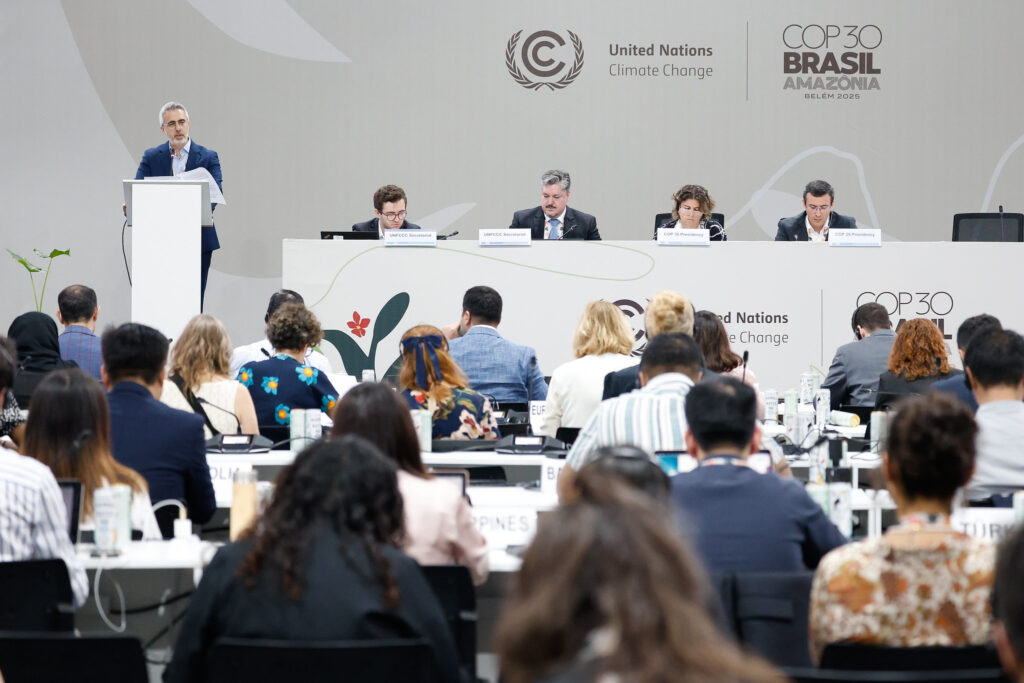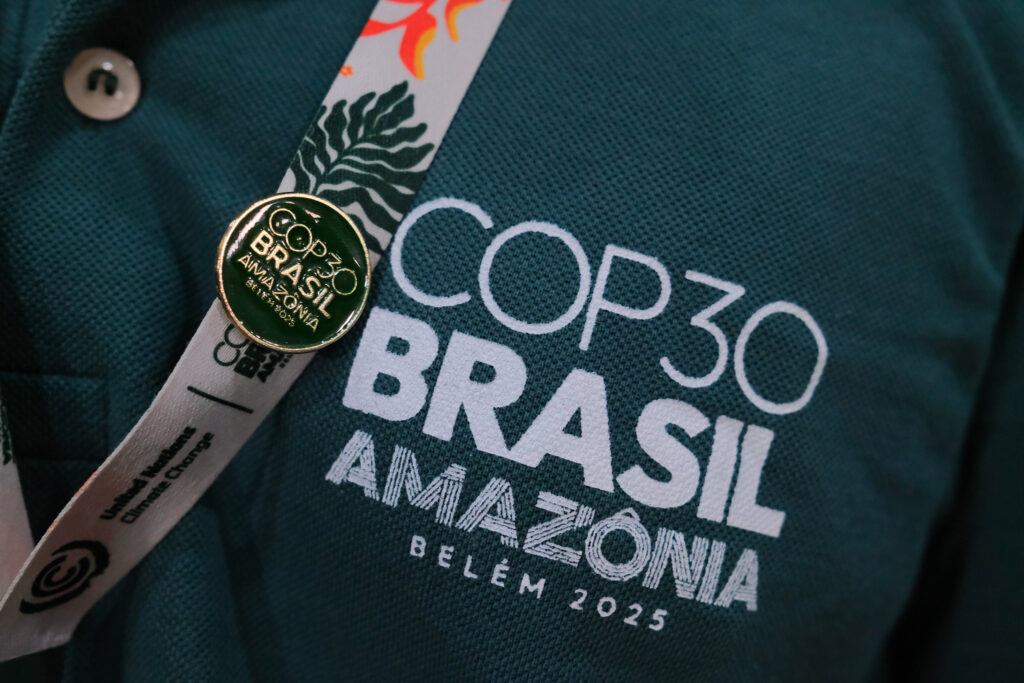Dar es Salaam. As negotiations intensify at COP30 in Belém, the Least Developed Countries (LDCs) are sounding an unmistakable alarm: the global promise to help vulnerable nations cope with climate impacts is rapidly crumbling.
In a hard-hitting briefing titled “The adaptation deal is melting”, LDC adaptation negotiators warned that while talks focus heavily on indicators and frameworks, communities on the ground are facing floods, failed harvests and escalating losses that no metric can repair without real financial support.
“Less than one percent of emissions, but the hardest hit”
LDC adaptation negotiator of Sudan, Lina Yassin of Sudan opened the briefing with a reminder of the deep injustice shaping the climate crisis.
“Our countries contribute less than one percent of global emissions, yet we are hit hardest by climate impacts,” she said, stressing that adaptation is not a momentary task but a lifelong effort to protect lives and rebuild livelihoods.
Yassin noted that indicators can identify where vulnerable countries are struggling, “but they don’t rebuild flooded villages or restore failed harvests.” And they certainly cannot bridge the growing adaptation finance gap.
This year marks the end of the Glasgow commitment on doubling adaptation finance just as the UN Adaptation Gap Report shows a $310 billion (Sh775 trillion) annual need compared to only $26 billion (Sh65 trillion) delivered in 2023.
She reiterated that the LDC Group is demanding that adaptation finance be tripled by 2030, making clear that without a comprehensive package supported by real money, “commitments remain words on paper.”
She warned that donor countries have yet to offer clear backing for the proposal, leaving LDCs concerned that the year may end with no substantive progress.
A COP that must deliver more than promises
Climate change analyst, Aichetou Seck, COP30 has been branded as a “COP for implementation” and a “COP for adaptation,” but she argued that these labels must translate into practical outcomes for people living with the daily impacts of climate change.
“We’re glad to be here because we genuinely hope this COP will make a real difference,” she said Aichetou Seck who is also LDC adaptation negotiator form Senegal.
She highlighted that the latest Adaptation Gap Report shows needs in developing countries are now 12 times higher than the international support currently being provided.
“We cannot keep returning to debate figures; the figures will only grow if action does not follow.”
Seck emphasised that tripling adaptation finance is no longer an aspirational target but a necessary step to ensure communities and economies can withstand intensifying climate shocks.
She insisted that COP30 must deliver “a strong and credible outcome that reflects that reality” and signals to the world that adaptation is indispensable not secondary to mitigation.

Mitigation dominates, while adaptation is left waiting
Mauritania’s, LDC adaptation negotiator, Abderrahmane Sidi El Moctar echoed these concerns, reminding delegates that adaptation was given equal standing to mitigation under the Paris Agreement.
Yet in practice, political attention and financial flows have remained overwhelmingly focused on reducing emissions.
“Even if every mitigation objective is achieved, it will come too late for many communities that need adaptation finance now, not years from now,” he said.
While negotiators work through a long list of technical issues under the Global Goal on Adaptation (GGA), El Moctar cautioned against relying too heavily on indicators as a benchmark for success.
Indicators, he said, “are not a magic solution” and will not shield people from rising sea levels, prolonged droughts or deadly storms unless countries have the resources to act.
He underscored that the Glasgow promise to double adaptation finance was never fulfilled, and even if it had been, it would still be insufficient given the scale of escalating climate impacts.
“That is why we continue to call for tripling pledges,” he said.
El Moctar added that safeguards must be incorporated into the GGA to ensure that reporting requirements do not overwhelm countries already facing capacity constraints. Any system adopted must “actually deliver for LDCs, particularly on adaptation finance.”
A shifting landscape and a melting deal
Across all three interventions, a consistent message emerged: indicators and measurement tools matter, but they cannot rebuild homes, restore livelihoods or prevent climate-driven losses without the financial means to implement solutions.
The LDCs argue that COP30 represents one of the final opportunities before 2030 to rescue global adaptation efforts from stagnation.
As record floods, droughts, storms and heatwaves sweep through vulnerable countries, the cost of delayed action is rising sharply. Without tripling adaptation finance, negotiators warned, the promise of global support for the poorest nations the “adaptation deal” is melting away.
COP30 now faces a defining choice: whether to anchor the Global Goal on Adaptation in real, scaled-up financial commitments or allow another round of negotiations to end with hopeful language but little change for those already living with loss and damage.


